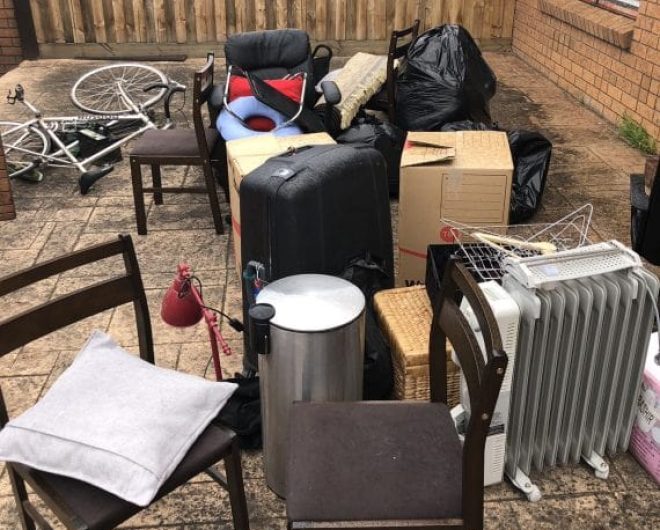
In industrial and commercial environments, few solutions offer excellent protection to exposed parts as dip moulded PVC caps. These flexible, cushioning caps are often used for sealing, damping, or insulation in a variety of applications, including the automotive, electronics, plumbing, and manufacturing industries. Dip molded PVC caps provide the advantages of being adaptable and less expensive than the standard rubber or plastic injection-molded end caps.
These caps are some of the best to use for the U.S. industry dedicated to high-quality, compliance, and long-lasting protective covers.
How is dip molding done?
Dip Molding The dip molding process involves dipping heated mandrels (which are tools formed to the shape of the product) into liquid PVC plastisol. The plastisol hardens around the mandrels so that, when the mandrels are withdrawn and cooled, a flexible, tough coating remains. After the PVC has been cured, remove it from the mold, and you’ll have a tight-fitting cap for your object.
Why this process matters:
Tooling is cheaper than injection molding
Quick production series low or high volume.
Shapes and wall thicknesses, to your own taste.
Good consistency and nice and smooth.
For companies that need precision without a hefty budget, dip-molded PVC caps are especially enticing.
Main Advantages Of Dip Moulded PVC Caps
In the process of choosing an effective shield at the halfway point, many companies encounter a particularly sticky question: what makes dip-molded PVC caps so different from any other option?
Here’s a rundown of key advantages:
Superior Flexibility & Fit
PVC is naturally flexible, so these caps will stretch a bit while being installed, and then they will shrink and stay put. That makes them perfect for odd-shaped or even slightly inconsistent parts a hallmark of U.S. manufacturing.
Chemical and Weather Resistance: moisture, salt, UV exposure, and a wide range of industrial chemicals are no match for dip-molded PVC caps. With many uses in marine manufacturing, aerospace, and outdoor infrastructure, resistance to environmental factors is non-negotiable. Cost savings without compromising quality: the biggest draw. Dip-molding PVC caps allow manufacturers to create high-performance parts at a fraction of the cost of alternatives. U.S. businesses looking to optimize their supply chain without compromising quality; the solution is a win-win.
Common applications across American Industries: from the production floor to the shipping dock, dip molded PVC caps get it done. These include: Indies for products transporting Protection for threading, tubes, and pipe ends Covers for exposed fitting and sharp edges to prevent injury at the workplace Masks for powder coating, also offers during painting Used to seal off electrical terminals or battery connectors In the automotive industry, PVC caps can be used to protect the fuel line, steering components, and even exposed bolts. Electronics manufacturers use them to shield delicate connections during assembly and transit.
Customization for specific needs: This is a top choice for American manufacturers; with dip molding, PVC caps offer a vast array of options for color, hardness, and even shapes. Tapered plugs, flat-end caps, or even textured grips are available, making this process uniquely versatile. Customizations such as color, soft touch for tools, or even textured finishes are popular across all industries. Textured finish offers a better grip, especially with tools, when it comes to high-temperature resistance or chemical resistance. Such customizations are popular alternatives for innovative American product engineers.
Conclusion: In the current climate of value-based mechanics, dip-molded PVC caps are efficient, versatile, high-performing, and cost-effective. Because of their aseptic properties and their capacity to seal tightly, to protect susceptible parts, and to withstand the harsh environments, they play a critical role in an extensive array of US industries.
The requirements of the dip your production caps. If your company is interested in finding the best cap that you need from trouver le bon plastique to protect it on your production line, all the way to delivery these caps for optimal peace of mind?





